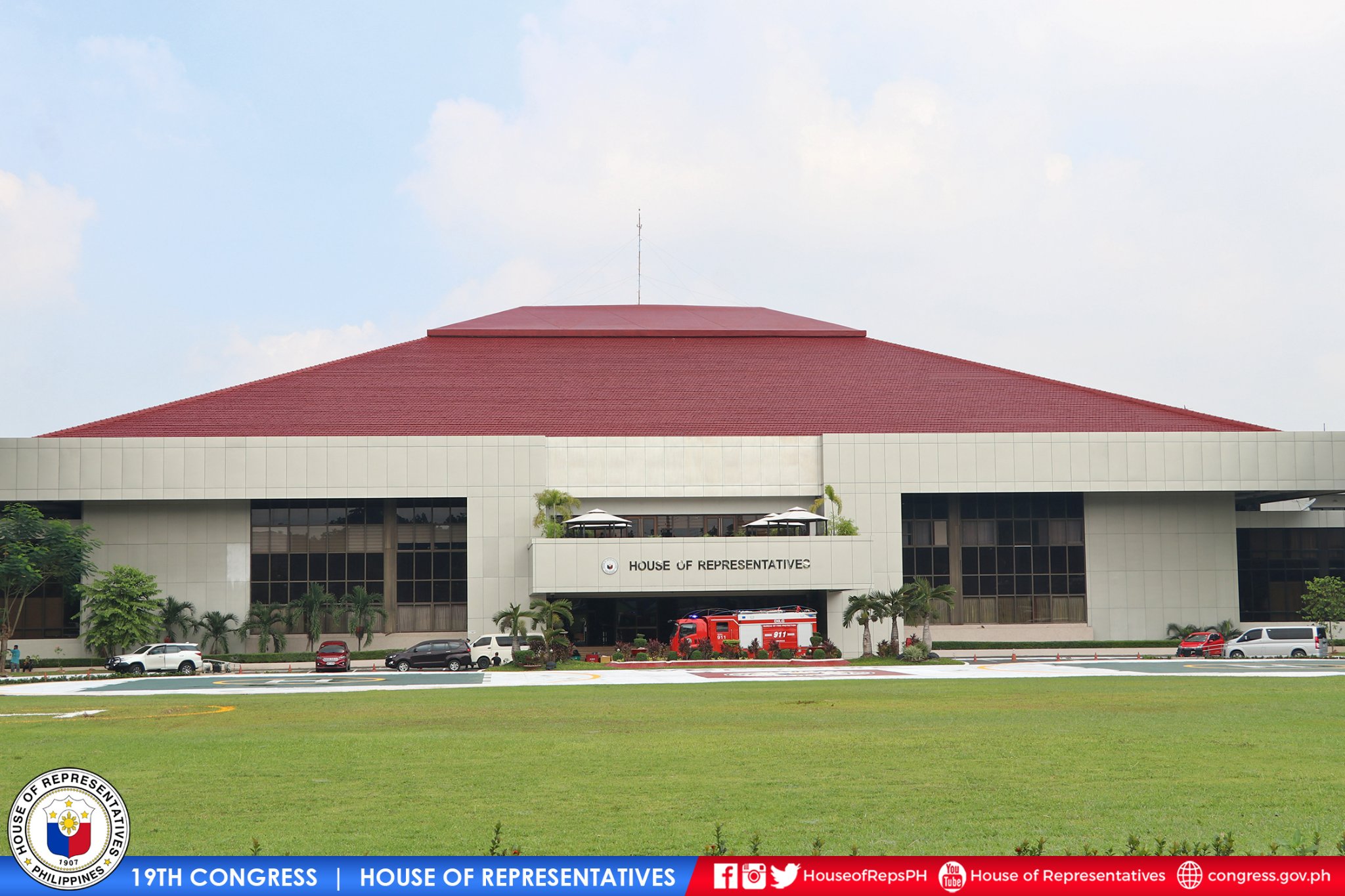News
House vows to continue funding PBBM’s poverty reduction programs

Romualdez noted that the 1.3-percentage-point drop meant that almost 900,000 individuals lifted themselves from poverty. (File Photo: House of Representatives of the Philippines/Facebook)
MANILA – The House of Representatives on Friday vowed to continue pursuing and funding the administration’s poverty reduction programs to improve the lives of millions of poor Filipinos.
Speaker Martin Romualdez made the commitment in reaction to the report of the Philippine Statistics Authority (PSA) that the country’s poverty rate went down to 22.4 percent in the first half of the year from 23.7 percent in the same period in 2021.
The 22.4-percent rate is equivalent to 25.24 million Filipinos whose per capita income is not sufficient to meet their basic food and non-food needs.
Romualdez noted that the 1.3-percentage-point drop meant that almost 900,000 individuals lifted themselves from poverty.
“We are happy for 900,000 of our countrymen whose situation has improved from being poor over the past two years. We will continue to help the more than 25 million get out of poverty through intervention programs Congress, principally the House where the national budget emanates, should consistently fund,” he said in a statement.
“We hope we can reduce poverty to a single-digit rate by the end of the term of President Ferdinand Marcos Jr., as he set out to do when he assumed the presidency,” he added.
He cited government intervention measures aimed at reducing poverty, which include the Pantawid Pamilyang Pilipino Program (4Ps), Assistance to Individuals in Crisis Situation, TUPAD (Tulong Panghanapbuhay sa ating Disadvantaged/Displaced Workers), free college education, free health insurance, and the grant of direct cash subsidies as among government intervention measures aimed at reducing poverty.
He said some PHP500 billion worth of “ayuda” or cash aid has been allocated in the 2024 national budget for social service-related programs.
He cited a World Bank study noting that there is concrete evidence that direct cash grants are an effective tool for reducing poverty among the population.
Romualdez also cited a report by the Philippine Information Agency last Dec. 11 that 31 children of 4Ps families have recently completed their college education and have passed their licensure examinations–25 teachers, four accountants and two engineers.
“Our own 4Ps is proof of this. Many beneficiary-families have improved their situation by producing college graduates,” he said, explaining that the 4Ps criteria include an undertaking that a family receiving monthly cash assistance should keep its children in school.
He said Congress introduced in the 2024 national budget a PHP60-billion program called Ayuda sa Kapos ang Kita (AKAP), in which 12 million poor and low-income families would receive a one-time financial grant of PHP5,000.
At four members per family, AKAP is projected to benefit 48 million Filipinos.
To complement the initiatives of the national government in alleviating poverty, Romualdez said House members and other lawmakers, as well as local government officials, undertake their own assistance projects that benefit their constituents, either individually or collectively.
Romualdez cited as an example his personal poverty reduction project, the House leader has launched Cash Assistance and Rice Distribution (CARD), wherein each recipient gets at least PHP2,000 in assistance: PHP950 for 25 kilos of rice at PHP38 per kilo, with the remainder going toward other food necessities.
“Nabuo ang programang ito bilang sagot sa hamon ng ating Pangulong Ferdinand Marcos Jr. sa Kongreso na tumulong kung paano mabibigyan ng mura at magandang klase ng bigas ang ating mga komunidad (This program was created as a solution to President Ferdinand Marcos Jr.’s challenge to Congress to help out in providing quality rice at cheaper prices to our communities),” he said.
He said Congress has earmarked funds under the PHP5.768-trillion 2024 national budget to implement a government program that would drive down the price of quality rice through monthly rice discount vouchers for almost half for 28 million Filipinos.
“This subsidy program is our strong response to President Ferdinand ‘Bongbong’ Marcos Jr.’s call to the House of Representatives to come up with means to bring down the price of rice for disadvantaged Filipino families in difficult situations. It will benefit seven million families across legislative districts in the country, or roughly 28 million people,” he said.
The new program aims to allow low-income families to buy 25 kilograms of affordable and good quality rice monthly using CARD as a discount voucher.
Subsidy for farmers
Meanwhile, Camarines Sur 2nd Disteict Rep. Luis Raymund Villafuerte Jr. on Friday urged the Department of Agriculture (DA) to consider his proposal that would bring down rice prices to PHP20 per kilogram beginning in 2024.
Villafuerte proposed providing a subsidy worth PHP40,000 to small farmers tilling an initial total land area of 1 million hectares in the top 10 rice-producing provinces, on condition that they sell their produce to the government at PHP9 per kilo of palay.
He expressed hope that DA Secretary Francisco Tiu Laurel Jr.’s continued interactions with the governors of the country’s biggest palay-growing provinces “give more reason” for agriculture officials and the rest of President Marcos’ economic team to” give a long, hard look at an out-of-the-box proposal” to sell rice at the aspired retail price of PHP20 per kilo.
“With a projected total yield of 5 billion kg of palay from the 1 million hectares, based on an average output of 5 MT (metric tons) or 5,000 kg per hectare, this novel subsidy-cum-contract-growing proposal will translate into 3 billion kg of rice, at the palay-to-rice, after-milling conversion rate of 60 percent,” Villafuerte said in a statement.
This setup, he said, would enable the Marcos administration to sell 1.5 billion kg of rice to low-income and other vulnerable sectors at PHP20 a kilo in Kadiwa sa Pangulo outlets and another 1.5 billion kg at a higher PHP30 to other consumers all over the country.
“It would be an antidote to projections of elevated rice prices in the world market next year arising from international factors beyond our control,” he said.





















